
Can probiotics for constipation offer a breakthrough to an uncomfortable problem? This question does keep some up at night.
Constipation is a major issue worldwide, and a true solution is not always clear. Around the globe, the problem affects 1 in 6 people. In America, at least four million individuals are dealing with this matter.
Relief is not easy to find for some of those who are dealing with constipation. Many people look at natural remedies as a solution. Probiotics and other supplements are showing some promise.
There are a few reasons to be hopeful. Probiotics have some live and beneficial bacteria that can improve the way you digest food. In short, probiotics do improve your gut microbiome.
Other than the digestive system, these microorganisms play roles in your heart’s health and immune function.
Fermented foods contain probiotics in a natural fashion. Tempeh, kombucha, sauerkraut, kefir, and miso are some of the foods that fall in this category. Moreover, probiotic drinks are really gaining in popularity.
In a 2-week study in 92 children, taking chewable probiotics, stool frequency increased by 29%. According to a recent study, probiotics can also help with weight loss, improve skin health, and liver function. In addition to reducing blood sugar levels, probiotics protect the gut against the spread of harmful bacteria in the gastrointestinal tract.
Probiotics For Constipation: WHY?
There are a few things at work behind this idea, and the results seem to speak for themselves.
Can Probiotics Relieve Constipation?
Various studies show that probiotics do work when it comes to treating constipation. Many experts find the results impressive in the gut microbiota, neurotransmitters, and gastrointestinal regulatory peptides.
For some, the best probiotic for constipation and bloating is Swolverine Probiotix. This one is affordable, and a subscription is possible. Moreover, if you want a one-capsule serving, Swolverine Probiotix might be worth a try.
The best probiotics for women are YourBiology Gut+ and Probiotic 40-Billion. They do address other issues like stress because your gut and brain do work together.
For those wondering, what do probiotics do for men? There are many benefits. The list includes improvement of cognitive health, boosting reproductive function, and supporting weight management. The top probiotics for men are Ritual Synbiotic+ and Bio-Kult.
In the US, Walmart and Amazon are great places to find probiotics. For example, top-rated Walmart probiotics include Probiotic 10 and Physician’s Choice Probiotics 60 Billion.
How Fast Do Probiotics Help With Constipation?
While it is normal to expect results in a short time, a little patience is necessary here. It takes no more than 3 to 4 weeks before you start to see some real results.
That is why it is best to stick to one type and wait for about one month to judge if the product is working. However, some people report seeing great progress after a few days. Others say that signs probiotics are working can also appear after one or two weeks.
The quality of the probiotic is probably an important factor in this equation.
What are the Signs You Need Probiotics?
Several elements can indicate that it might be time for you to get some probiotics. If you are dealing with symptoms like chronic fatigue, bloating, and stool changes that are not tied to a specific condition; probiotics could provide some solutions.
Moreover, some health conditions are vague and hard to pin down, improving your gut function via probiotics might offer some relief. Also, if you have opted for a healthier lifestyle and there is no real improvement in the way you feel, probiotics might be worth a try.
In specific cases, they can have a cleansing effect after taking antibiotics, and they will help bring more balance to the bacteria in your body.
If you are wondering, when is the best time to take probiotics? Well, the answer is very direct, 30 minutes before a meal, ideally around breakfast time.
What are the Effects of Probiotics on Various Types of Constipation?
Many studies have covered the effects of probiotics on different conditions like irritable bowel syndrome, childhood constipation, and pregnancy.
Probiotics for Irritable Bowel Syndrome (IBS)
This is a digestive disorder that is often associated with the following symptoms, abdominal pain, bloating and constipation, and excessive flatulence.
Many experts say that probiotics can bring some relief when it comes to these symptoms. Moreover, there are studies to back these claims.
After looking at 24 different studies, the National Institutes of Health concludes that probiotics do reduce some of the symptoms that affect people with IBS, like bloating and constipation.
Moreover, an 8-week study of 150 people reveals that probiotics did help gain more regularity in terms of bowel movement. The best probiotics for IBS are AG1 and Saccharomyces boulardii.
Probiotics for Kids
Different things contribute to constipation in children. Psychological issues, allergies, diet, and family history are all contributing factors.
A couple of studies have confirmed that taking probiotics work for some children. It takes anywhere between 3 and 12 weeks to see some progress. Those cases confirm that probiotics can relieve symptoms of constipation in children by improving the regularity of bowel movements.
While more research would bring greater clarity on the topic, the available data suggest that probiotics are helpful in children with constipation.
Are Probiotics Safe During Pregnancy?
Constipation is a problem that affects many pregnant women. Hormonal fluctuations and changes in daily routine are often linked to the issue.
At least two studies have claimed that probiotics can help women during pregnancy. The first one focused on 60 pregnant women who took 300 grams of probiotic yogurt for four weeks. The symptoms linked to constipation improved significantly.
A second study involving 20 women pointed in the same direction. Moreover, researchers say that probiotics appear to be safe for women who are pregnant or lactating. In short, probiotics during pregnancy are worth a shot.
Medications
According to different studies, certain medications are responsible for symptoms of constipation and bloating. Iron pills, antidepressants, and opioids can contribute to constipation.
A study of 32 women taking iron pills shows that when probiotics were added to the picture, the symptoms of constipation improved. The changes happened in just two weeks. In clear, probiotics seem to have a positive impact even in those cases.
Downsides of Using Probiotics
Using live microorganisms has downsides in some rare cases. More research into the matter is still needed. However, some people have reported side effects like nausea, abdominal pains, and diarrhea after adding probiotics to their regimen.
However, the side effects tend to disappear over time. Nonetheless, people with underlying health conditions that weaken the immune system should not start taking probiotics before talking to a healthcare expert.
The Best Probiotics for Constipation
In order to make the best and most coherent choice for your health, it is crucial to know how to select and use probiotics. There are strains that may be more efficient in the treatment of constipation.
The following strains of bacteria have a track record that speaks for them. For better results, please look into Bifidobacterium longum, Lactobacillus reuteri, Lactobacillus plantarum, Bifidobacterium lactis, and Streptococcus thermophilus.
It is important to respect the dosage recommendations — 1–10 billion colony-forming units (CFUs) per serving and no more than 10 to 20 billion CFUs daily for adults.
Patience is important, wait 3 to 4 weeks before making a switch. Moreover, you can reduce the dosage if you experience some side effects.
It is also possible to take a different route by incorporating probiotic foods into what you eat.
The List of the Best Probiotics for Constipation
Swolverine Probiotix is the best probiotic for constipation for many experts. It has one-dosage serving and is not expensive, you get 60 capsules for $32.99. However, the CFUs are lower. Moreover, on most platforms, it has a 5-star rating.
The best probiotic for IBS with constipation is AG1. The supplement has a few things going for it. AG1 has been tested by a third party, and it does not contain any major allergen. Moreover, it is very nutritious. As cons, you will need a refrigerator and it is quite expensive. The price is $79 for 30 servings.
Ritual Synbiotic+ is seen as the best probiotic for pregnancy constipation. While it is pricey, it was tested by a third party. You will have to pay $54 for 30 capsules. It does not need refrigeration and has pre, pro, and postbiotics.
A few other probiotics are also worth mentioning. That is the case for Transparent Labs Gut Health Probiotic (weight loss), Future Kind Organic Vegan Probiotic Gummies (bloating), YourBiology gut+ (best for women and chronic constipation), and Hum Nutrition Gut Instinct (acid reflux and constipation).
FAQ
When to take probiotics with antibiotics?
Generally speaking, it is best to wait up to two hours before taking probiotics while using antibiotics. Beneficial bacteria need that time to reach the gut alive.
What probiotic is good for stool?
It is best to focus on certain strains of probiotics in order to get better outcomes. Those four strains stand out against the rest.
- Bifidobacterium lactis DN-173 010
- Lactobacillus rhamnosus GG
- Bifidobacterium lactis BB-12
- Bifidobacterium lactis HN019
What relieves constipation fast?
Drinking a lot of water and consuming foods that are rich in fiber might do the job.
What is the best probiotic or prebiotic for constipation?
Research has proven that inulin is a prebiotic that is worth some attention in this field. Probiotics B. lactis and L. casei Shirota are also quite good at bringing true relief.
How can I stimulate my bowel movements?
Some lifestyle changes, fiber-rich diets, and water have brought more regularity to a lot of people.
Should you take probiotics or laxatives?
Many see laxatives as short-term solutions to problems that need to be tackled in a comprehensive manner. On the other hand, probiotics are better to address underlying issues. Moreover, they can have a larger effect on your overall health.
What is CFU in probiotics?
Colony forming units (CFUs) are viable cells that are measured in probiotics. The dosage for daily use is often between 1 billion and 10 billion CFUs.
How long do probiotics stay in your system?
Experts say that after 1 to 3 weeks, the effects of the probiotic are less measurable. However, at the beginning, the bacteria were alive in the gut.
Bottom Line
Probiotics for constipation is a concept that is getting new converts every day. The idea is backed by solid data. Most serious studies say that probiotics can relieve symptoms of constipation in pregnant women, those suffering from IBS, and even children. Importantly, they are safe in most cases. While it is always good to seek advice from a healthcare professional before taking supplements, probiotics are definitely worth a try.
They are all about bringing balance to your gut and digestive system.



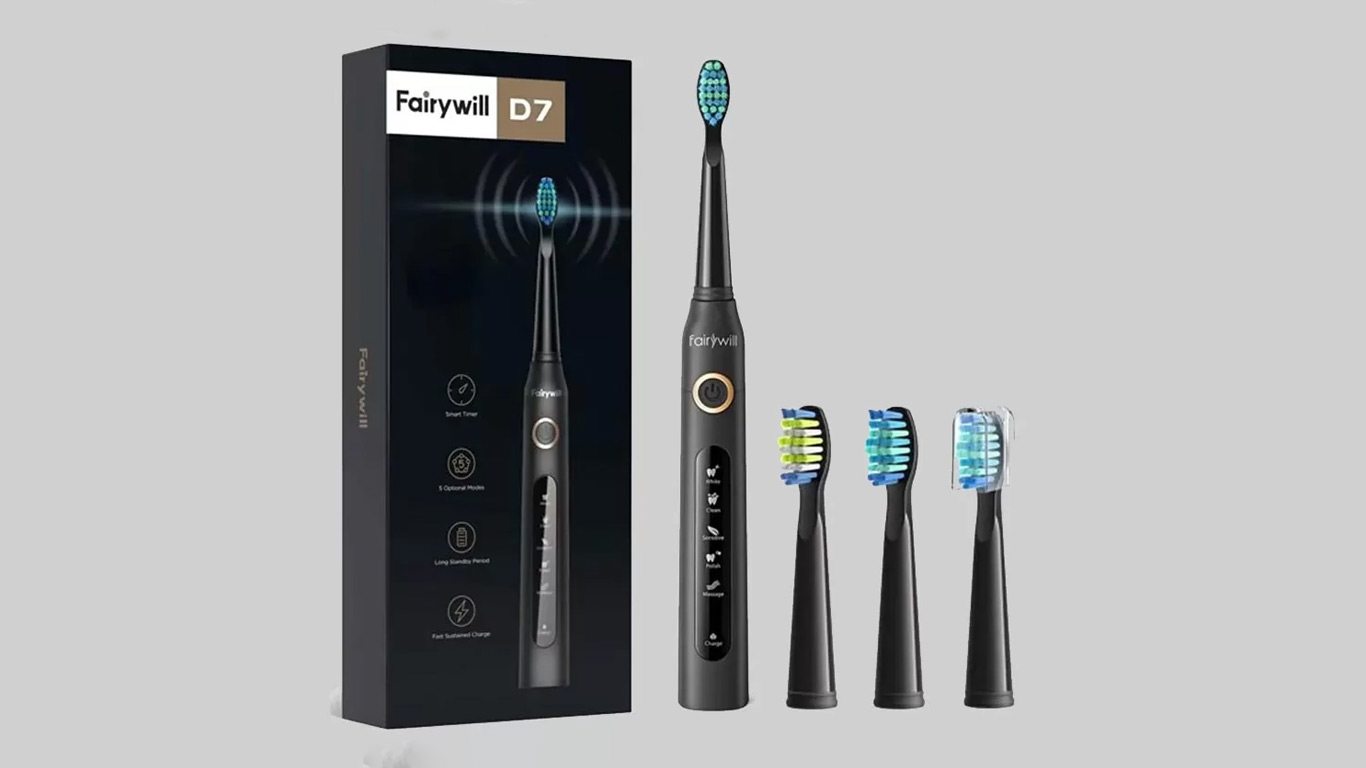



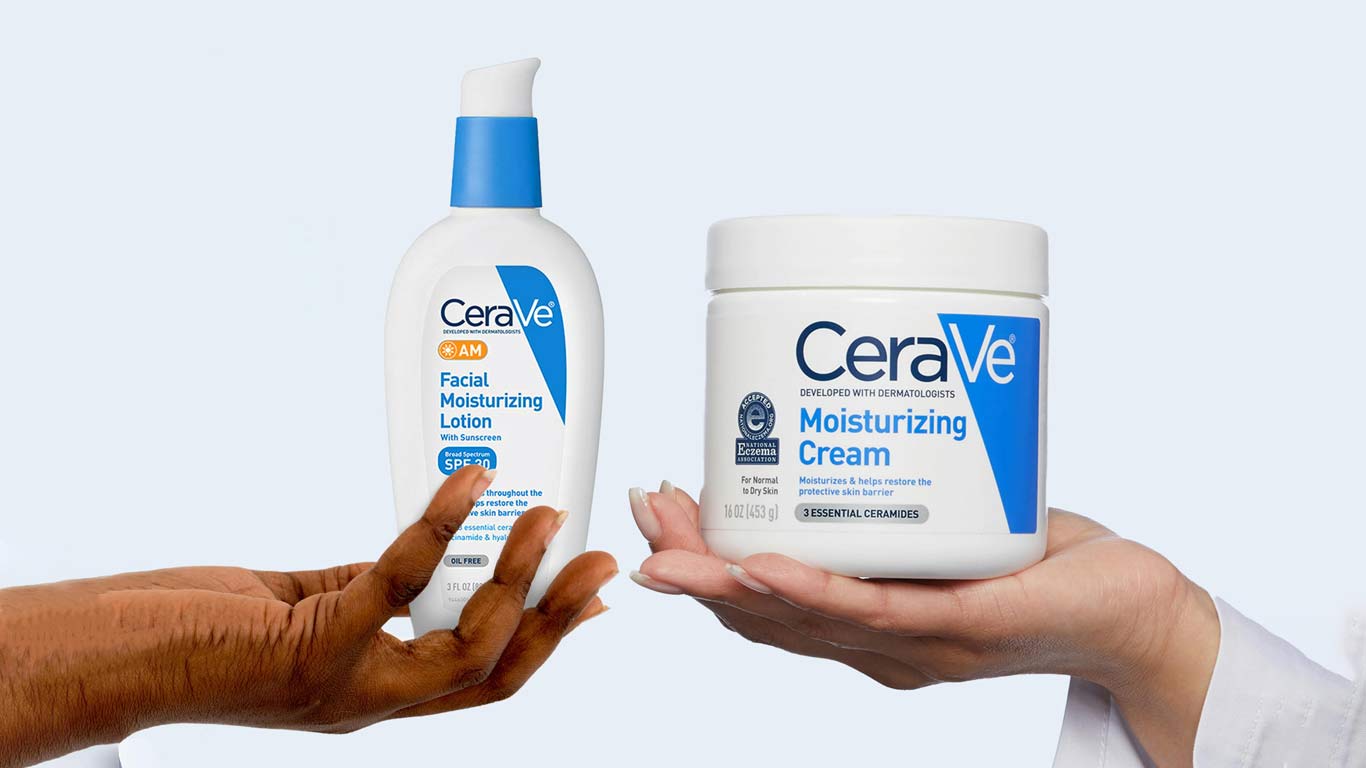



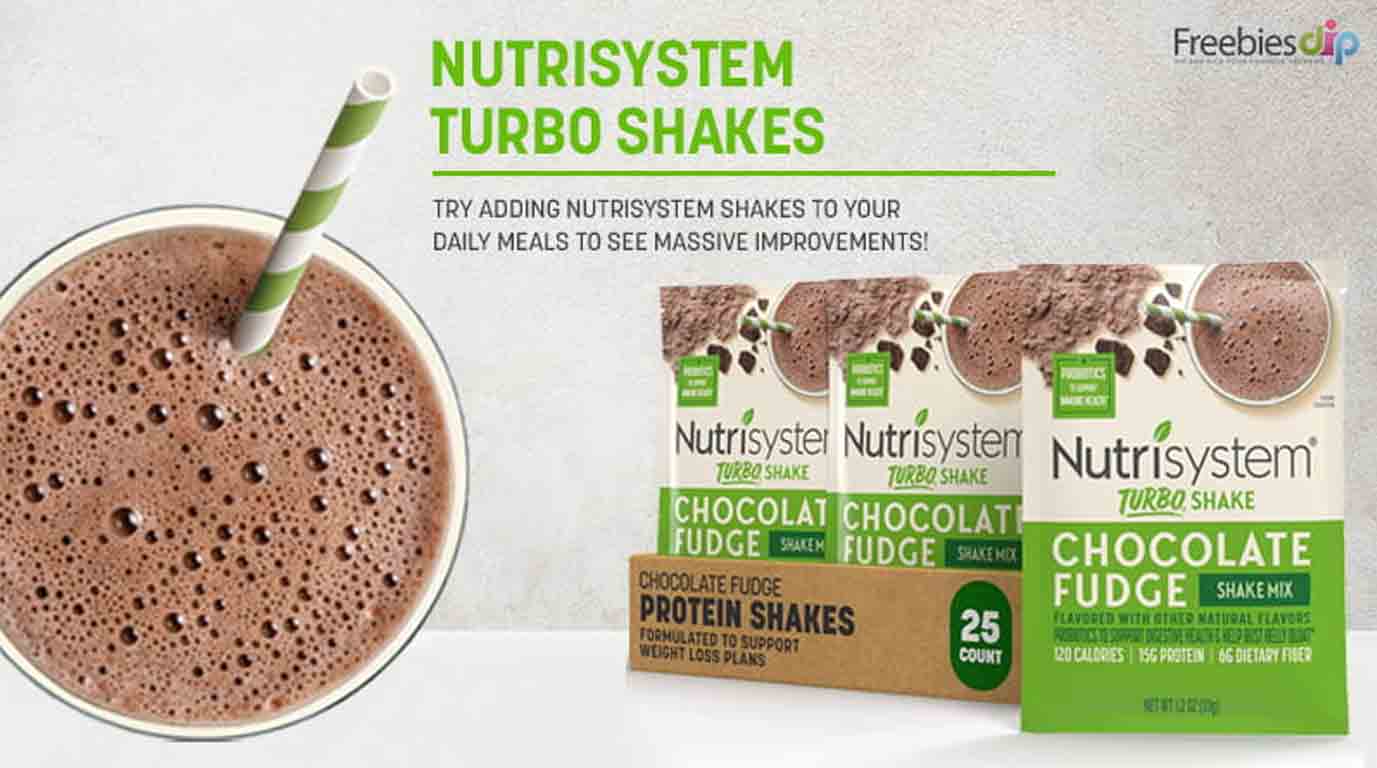
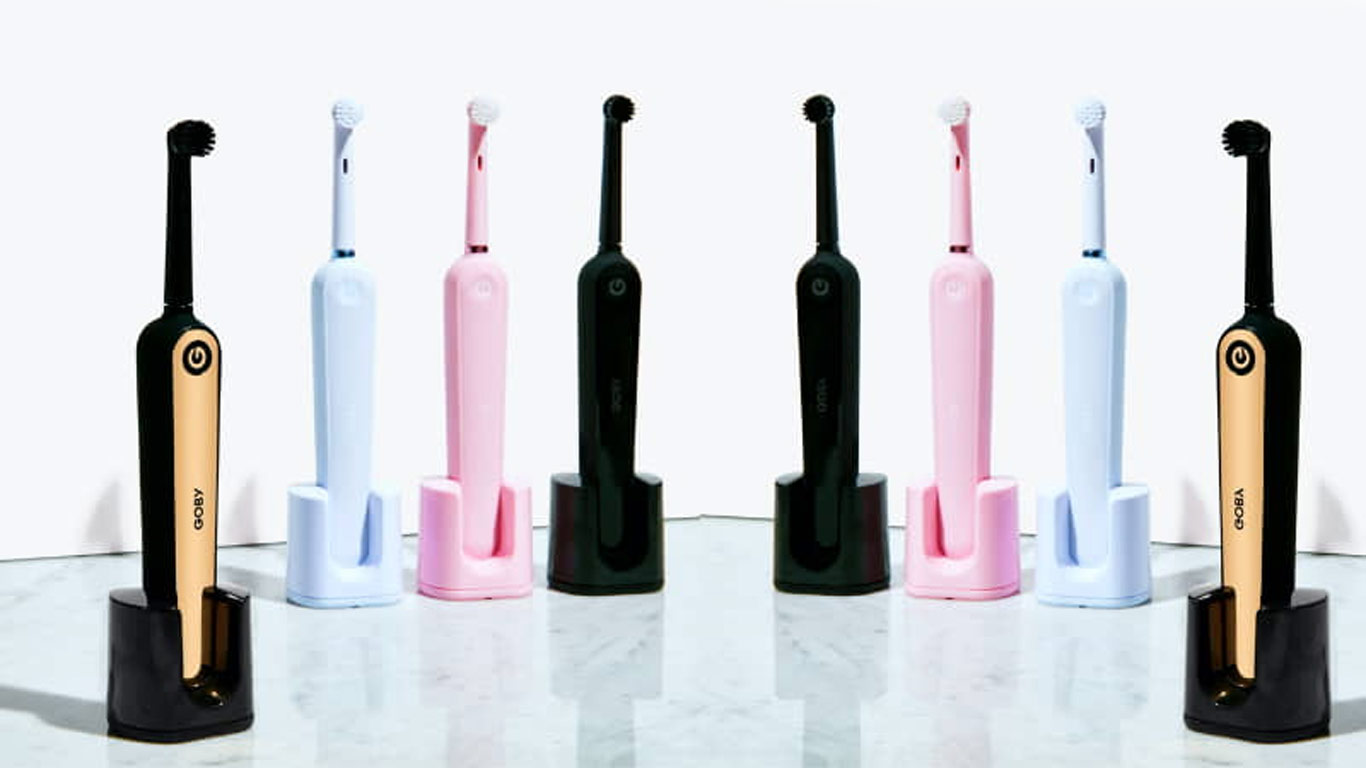
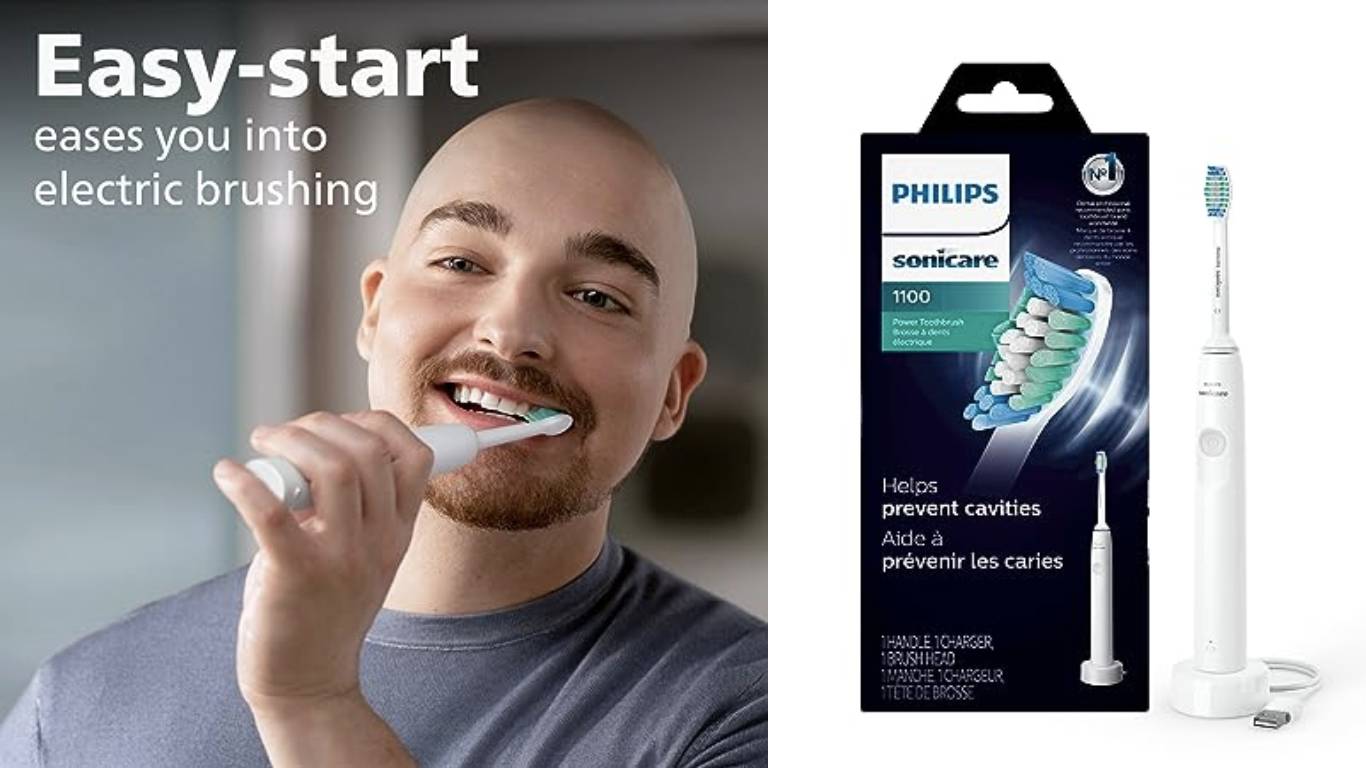
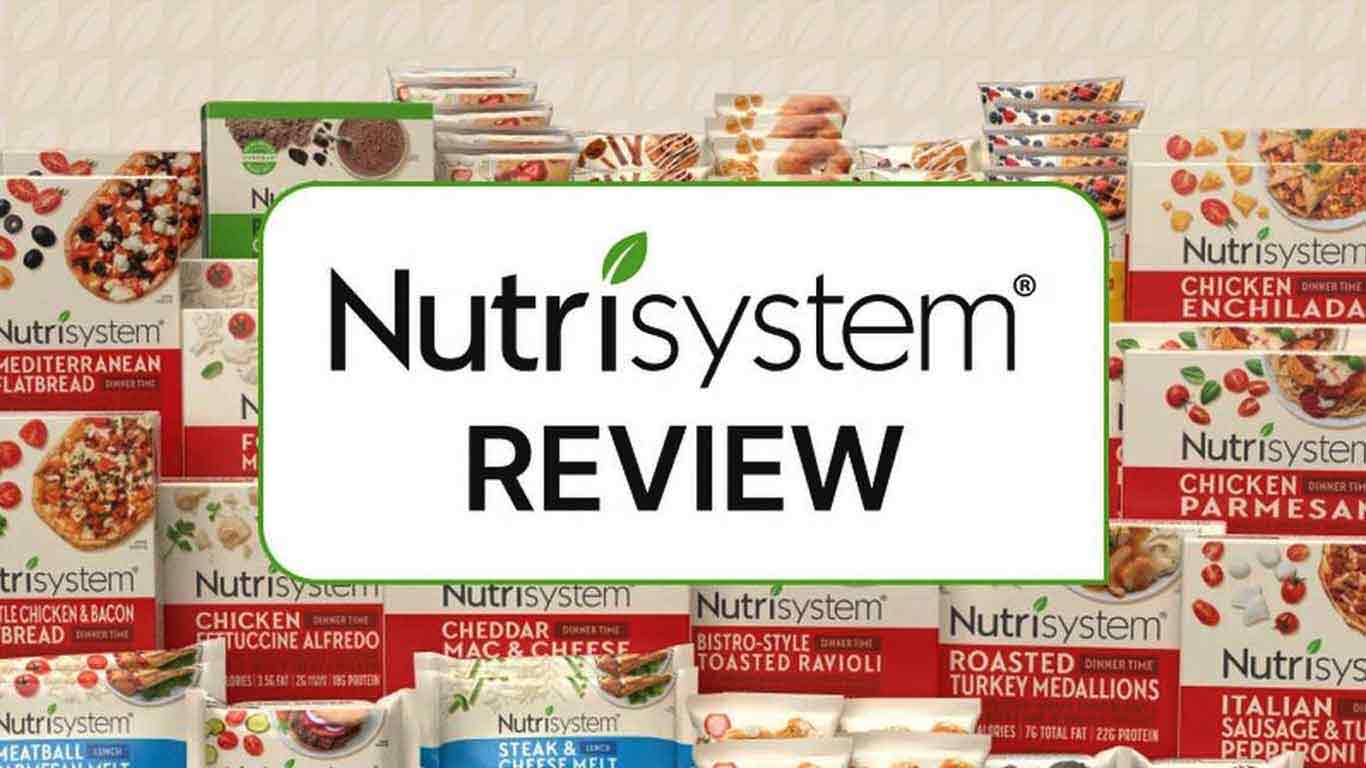

Complete and clear information about enzymes and their use. Provide the complete way for improving your digestion through proper intake.
I like the way of your explaining. It effects get doubled when you take after your meal or having any other food, but a not empty stomach. As the composition of this is excellent so it is quite effective.